
Exploring Effective Methods of Allyship and Uplifting LGBTQ+ Voices
Interviews
As part of our ongoing allyship campaign, five passionate supporters of LGBTQ+ equality and inclusivity spoke to myGwork about the developments they would like to see take place. Tom Portingale, Luke Payne, Adele Baker, Alison Hutchings and Will Evans from RS Group discuss how allies can be more vocal and share unique advice to people who wish to improve upon their methods of allyship.
Can you please introduce yourself and describe your role at RS Group?
(Tom): I'm Tom Portingale, I have the pleasure of being the Global Lead for Employer Brand Marketing, engaging with candidates and colleagues to help attract & retain amazing talent into RS Group.
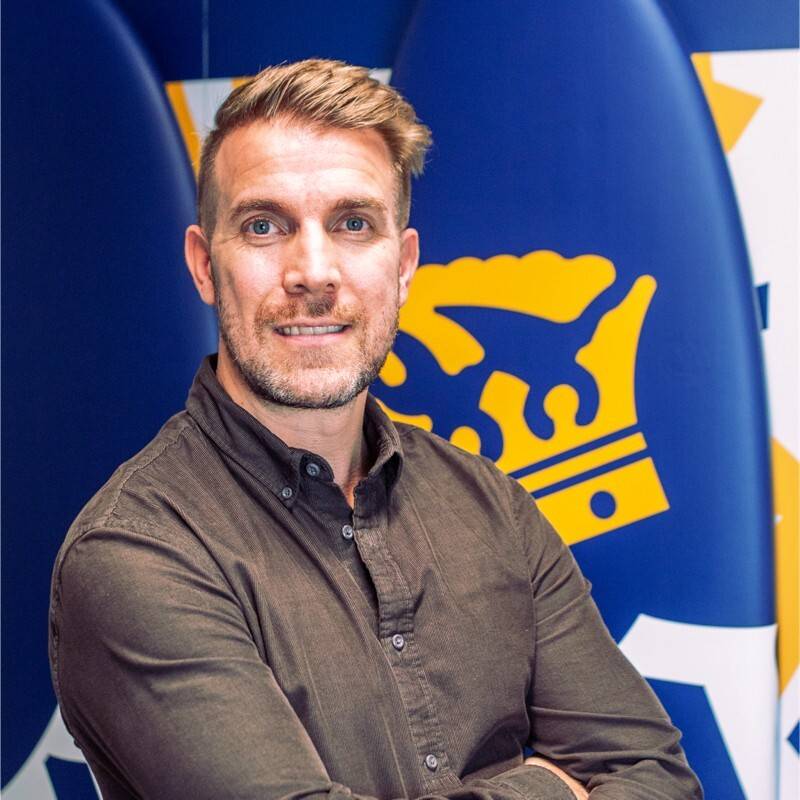
(Luke): I'm Luke Payne, I have worked for RS Group for just over 6 years now and work within the Inventory Management Team as a Senior Planner. I am also a committee member on our LGBTQ+ Resource Group (SPECTRUM) since its inception in 2019. More recently becoming Lead of Pride events for the UK, helping RS support as sponsors in Northampton and Corby.
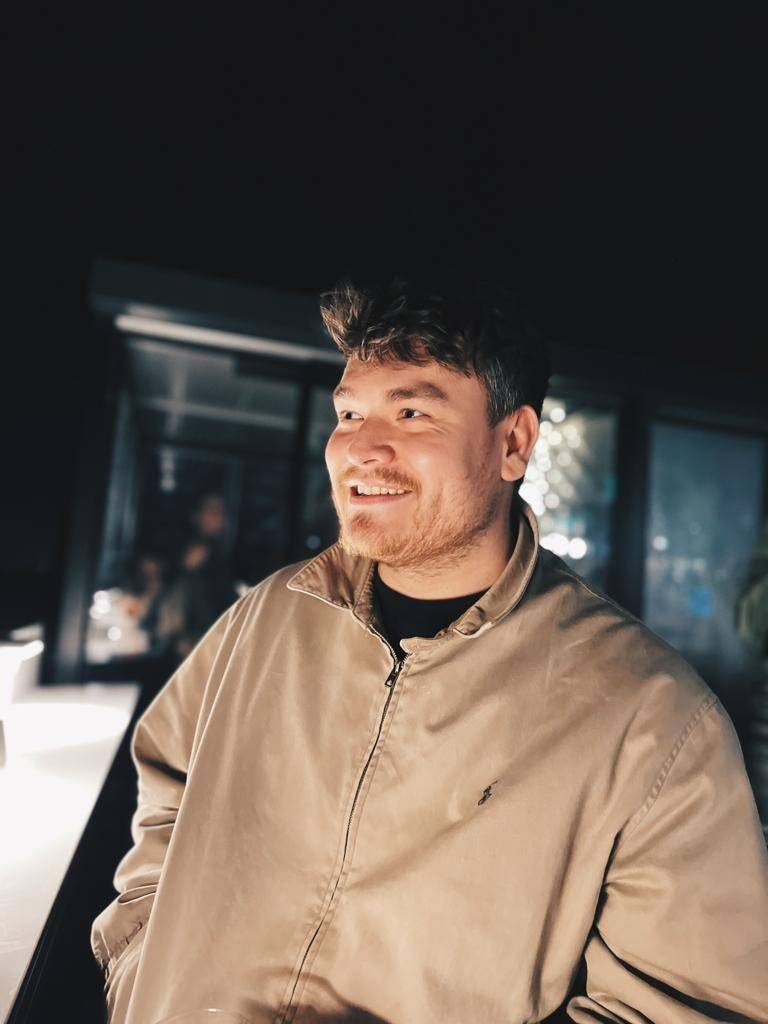
(Adele): I'm Adele Baker, New Ventures Development Director within Digital and Innovation. My role focuses on new priority projects coming out of Digital and Innovation, understanding the true addressable market share, opportunity for sales adoption and keeping ahead of future trends.
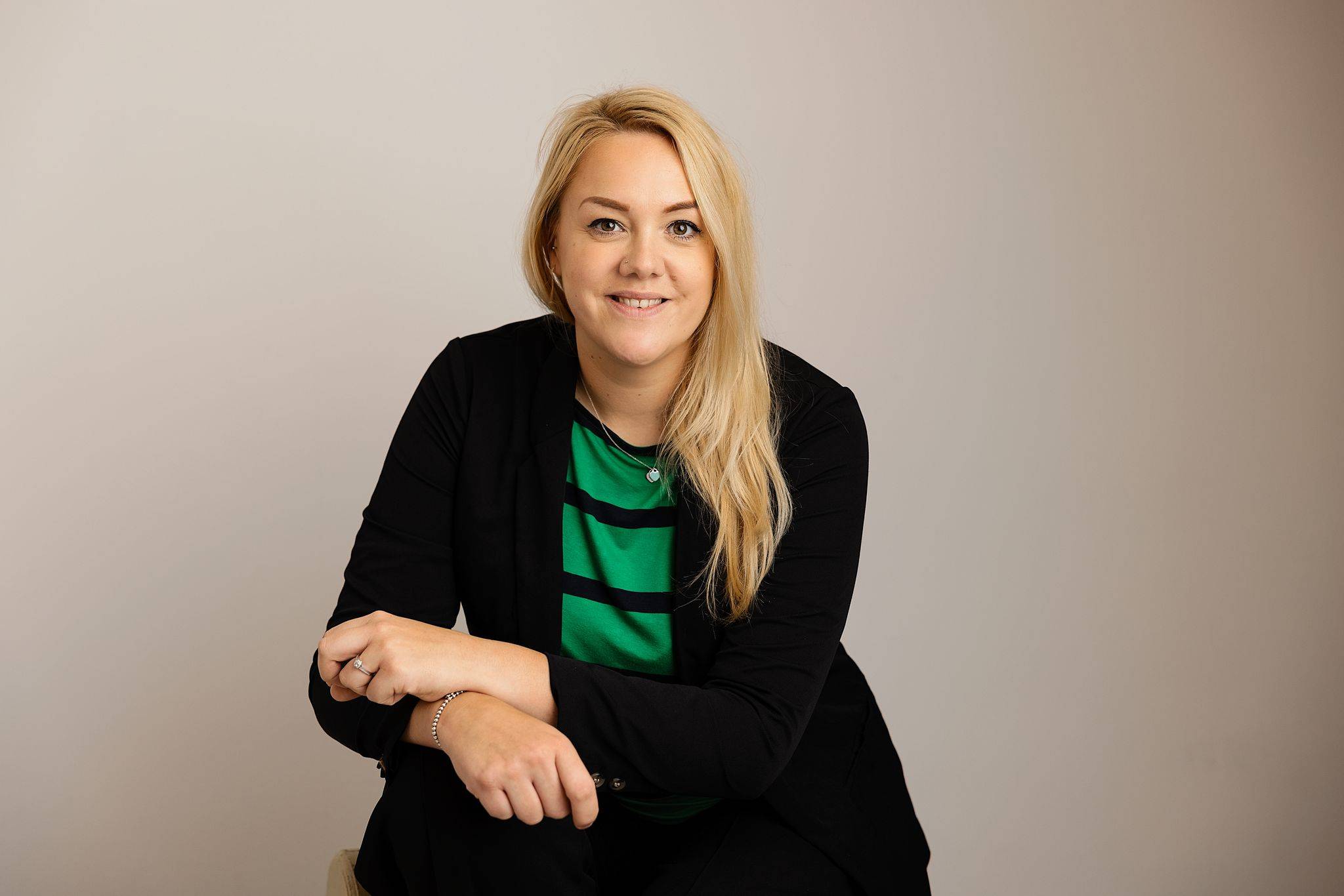
(Alison): I'm Alison Hutchings, Head of Innovation Partnerships at RS Group. I work with strategic partners to develop ideas and create proof of concepts for the organization.
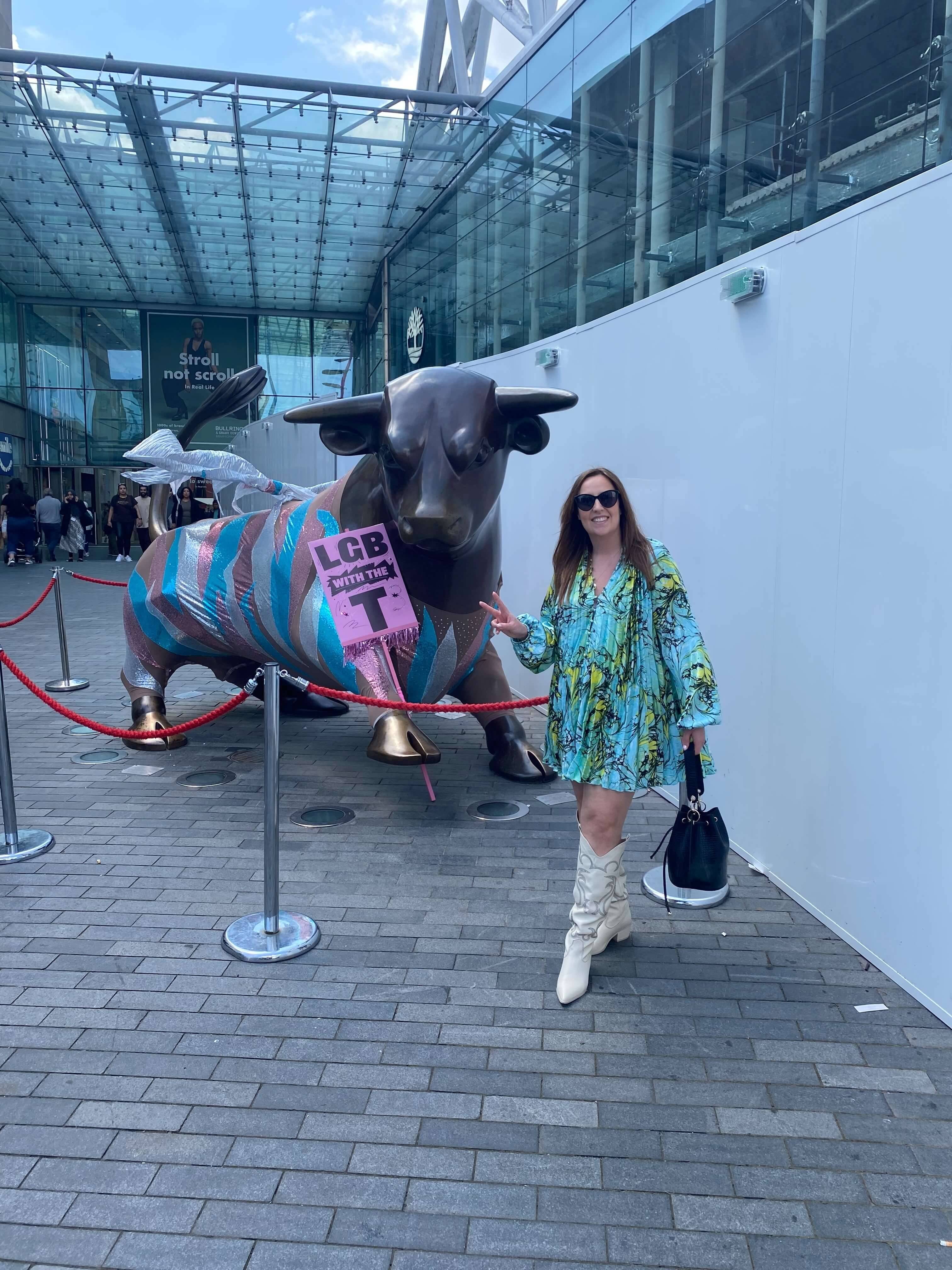
(Will): Hello there, my name is Will Evans, like “Willy Wonka & The Chocolate Factory”, and I am a Department Trainer for the Distribution Center (DC) in Fort Worth, Texas. I’ve been with RS Group since January 2019.
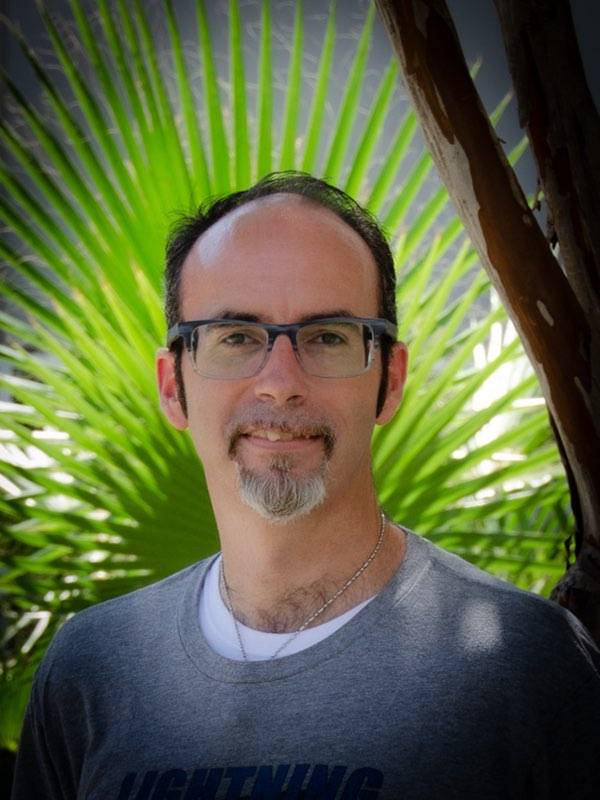
How, when, and why did you decide to be an LGBTQ+ ally?
(Tom): Since my university days, I’ve always been a staunch defender of freedom and liberty. At uni, I got to express this through completing a degree in Politics, debating societies, sports clubs and student groups. Then about 15 years ago, my cousin – who was also my Godfather, reached out to say, “I’ve got something to tell you, something I’ve been carrying inside for too long”. It turned out for my cousin’s entire life, they felt they were a female in a male body. In the subsequent years, being on that journey with her as she transitioned has been so, so rewarding but also really hard. Rewarding, because no one should feel like they’re living a lie, to see how she’s embraced the journey is an absolute inspiration. Really hard, because to see first-hand the bigotry and bias from family, friends, to the workplace has been tough to accept, and I can only imagine how my cousin has felt.
(Luke): Through my life I would say that I had been a 'passive' ally. I have always had friends in the LGBTQ+ community, however I never actively tried to understand their issues or really stood up to jokes/comments that were made. However, at two points in my life, this changed – 1) when my sister came out to me in 2015 and 2) when I first met a great friend, Preston, at RS Group. Both really changed my perspective, and I then knew I had to do more. Hearing Preston’s story, his struggles, witnessing trans-derogatory conversations, and him actively stand up to these, really spurred me on to learn to become an active ally. I wanted to do what I failed before and have the tough conversations with friends and family to stand up for the community.
(Adele): I feel as if I have always been an ally to the LGBTQ+ community throughout growing up, into adulthood, and then promoting the allyship throughout my career. I pride myself on being a people person, I enjoy working with diverse groups of people and with that I want everyone to feel comfortable in their working environments. It is so important for allies to support marginalized groups for change to really take place and for it to happen at speed. We are better and stronger together!
(Alison): I would say I’ve always been an ally; I have a strong sense of justice and feel like everyone has a right to be themselves and live authentically. Recently, I’ve realized that just being an ally isn’t enough and that I have to be more visible in order to support the community in a meaningful way.
(Will): I suppose it was around 2008—2009. After Gay Marriage became legal in the US, I really started to see more of a push online and in real-life for straight people to speak up in their support of LGBTQ+ people and issues. This seemed like a good idea. Marginalized groups need support from other, bigger groups.
What advice would you give to someone who wants to become an ally?
(Tom): Allyship for me is about true representation, and true support. Through the good times and bad. Never to be silent, and never for people to feel alone, unheard, unappreciated, or unloved.
(Luke): Listen & Learn to people within the community. Really try to understand their issues, why they are feeling the way they are in order to truly be able to stand up and support. Also, asking questions is key. As long as it is from a genuine place and not malicious, people will be willing to share and educate.
(Adele): Reach out to the community and see how you can get involved, be active on social media threads and support causes important to the LGBTQ+ community. I was recently given the privilege of being involved with the team supporting Corby’s first Pride festival, I was unable to attend on the day but made sure I actively supported the team on the lead-up to the event.
(Alison): Be open to listen and learn! We’re incredibly lucky at RS to have Spectrum, an employee resource group, that provides sessions that are educational, social and fun! Reach out within your own organization to see if there are any ERGs that you can join.
(Will): There is nothing stopping you. There are many different ways to be an ally. You could give your money to a LGBTQ+ charity in your local area. You could give your time and volunteer at a LGBTQ+ charity, or event. You could research the things you buy to see if the companies making them support LGBTQ+ issues. One of the things with the biggest impact you can do is voting for LGBTQ+ issues in your local elections. There are many, many different things you can do as an ally.
How do you think allies can be (more) vocal?
(Tom): By being a mouthpiece, particularly in circles you move in which are less informed.
(Luke): Not to be afraid to challenge conversations or people who are saying derogatory comments around people in the community. Approach the conversation as a discussion to understand why the person is saying what they are and why it isn’t acceptable/or the damage it could cause. If this is too challenging in the moment, getting some advice from someone, to sound it off to – then approaching that person sensitively.
(Adele): Be available and make time to support the cause around your working commitments. If you see something or read an article that you think supports the LGBTQ+ community then share it or speak to your ERG about its inclusion in their comms.
(Alison): I’ve always been concerned that by being vocal/visible I would be judged as performative, but what I’ve heard through Pride month from LGBTQ+ speakers, panels etc. is that visible allyship is much needed in the current climate. There’s no point in being an ally if only a small, close-knit community knows that I am, everyone should know that they are #safewithme.
(Will): Show your support on social media. Unfortunately, lots of younger LGBTQ+ people have a hard time on social media. Allies could also take part in City Council meetings, school boards, and local elections where LGBTQ+ issues are debated. Currently, here in Fort Worth Texas, city ordinances and laws are being enacted to limit, and in some cases, ban LGBTQ+ activities. Allies are needed to help change this.
What can allies do to make sure they are not centering their selves in the fight for equality, and instead uplifting LGBTQ+ voices?
(Tom): I’m fortunate because my job is rooted in storytelling; the power of words is a huge asset in positively portraying the work and experiences of the LGBTQ+ community. Allies need to be proactive, not defensive in bringing these stories to the fore.
(Luke): Not just assuming how people within the community truly feel, actually trying to understand and learn. Speak up and be part of sessions as Allies where appropriate. There may be some occasions when information or insight is better coming from people within the community. But making it clear to the people within the community you will stand for them and actively standing up for them is vital.
(Adele): Ultimately, I believe it means being there and showing a union in the cause. In a privileged position, it is so important to show that community and acceptance runs across all levels, and this can help accelerate the change we want to see.
(Alison): Again, back to listening and learning from the LGBTQ+ community! Speak to people to understand how your allyship can really support, don’t assume you know.
(Will): Listen to those LGBTQ+ voices they are fighting for.
What advice would you give to LGBTQ+ people to better welcome allies?
(Tom): I’ve always been a fan of reverse mentoring; it’s great in helping to increase the knowledge of allies & likewise for the LGBTQ+ community, knowing & understanding how allies can support and uplift.
(Luke): Allow them the space to be able to come and ask questions – a comfortable environment where they are not afraid they may be saying the wrong thing. This could be through group sessions or a coffee and catch up.
(Adele): Work and other commitments can mean making yourself visible all the time a challenge. However, I find that when colleagues give an ask or pull people in for specific causes this has the best impact. In my experience, the community is always so welcoming and happy to have you as an ally, when you feel included and asked for your help, the feeling then works in both ways.
(Alison): Don’t underestimate the importance of sharing the basics. Our Spectrum ERG does a fantastic job of sharing information on an accessible level, including sessions on the history of Pride and what the Pride flags mean. This helps to give newbie allies information that isn’t intimidating and gives space for open discussion.
(Will): Be patient. For some of us, LGBTQ+ concepts are new, and we don’t know how to navigate them as well as someone who’s had a lifetime to get used to it.
myGwork is a proud partner of RS Group. Read more about jobs at RS Group here.

